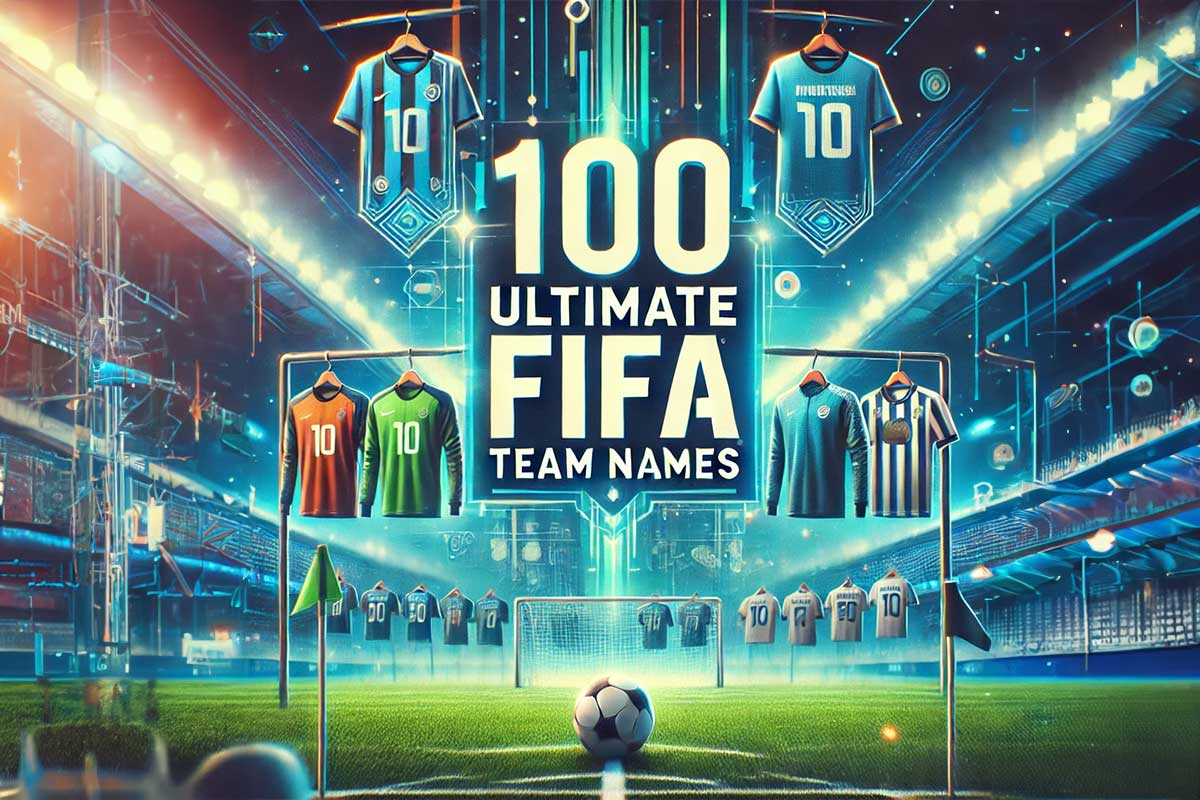
How to know if a football shirt is fake?
To some, football shirts are just a piece of clothing, others wear them with pride to represent their club’s colours. However, in more recent times people are wearing them as fashion pieces because retro shirts from the 80’s, 90’s & 00’s have become desirable again. You also have many collectors who wouldn’t dare put on such a vintage item but keep it hung up or even framed as a showpiece.
Unfortunately, with the rise in popularity, we have also seen a huge increase in fakes appearing on the market. Nobody can truly tell themselves that they would prefer to wear the fakes but when they can become available for a fraction of the price it’s too tempting for some.
Here is a guide on how to keep street smart & avoid buying fake shirts.
1. Who is the seller?
It’s important to verify that the place you are buying the shirts from is genuine. Now, if you walk into your local Nike store you can guarantee you will be picking up the real deal. However, if you are buying online it can become a little more difficult. I outlined in this article about the best places to buy football shirts. This step can be done before purchasing the shirt so it’s important to do your due diligence to save any hassle later on down the line.
Online stores such as Classic Football Shirts offer guarantees the product is authentic which can help with the trustworthiness of knowing you are buying the real thing. Auction sites such as eBay & Depop will require a little more digging to establish if the seller is to be trusted and is selling a genuine item.
Other known sites are out there only selling fakes! Sites such as DHGate & Alibaba only sell remade shirts that aren’t officially licensed by the club or kit manufacturer. If you are looking for something authentic, stay clear of these sites!
2. Look at the details
Try and look at the details of the images supplied before buying the shirt. Below is a list of elements you should check or ask for before purchasing the item.
- The label – It’s quite common for the label on the collar to be included in photos on a product listing. It’s worth cross-comparing these with photos of an original photo. Does it include all the same details? Is the font the same? Is the positioning of any logos or sizing information in the correct place? All of these can be an indicator of if a shirt has been faked!
- The details – Another thing to check for is to see the positioning of key elements of a shirt. Does the club badge align with other features of the shirt? For example, if you look at a photo of a player wearing the shirt, does the badge correctly align with a stripe?
Checking the alignment of sleeve badges/sponsors and the main shirt sponsor can also give hints as to weather its an official product. - SKU or Product Code – Most shirts will have a label on the inside of the shirt on either hip, this should include an SKU or Product Code number. If you Google this what come up? Ideally a picture of the shirt you are trying to buy! If another shirt appears that’s not the same then it’s a very high chance this has been replicated!
3. The Price
Is the price just too good to be true? If someone is selling a shirt that’s claimed to be in perfect condition from the 80’s for £10 they are either stupid or not telling the truth about its origins. Of course, some people aren’t educated on the value of some shirts and there is the odd occasion when a true bargain can be found but this is very rare, especially when buying online.
When you are looking to buy football shirts don’t be afraid to interact with the seller, ask questions, and even ask for more photos. The community is very friendly and when spending your own money is worth making sure for 100% certainty you are getting exactly what you are expecting!


